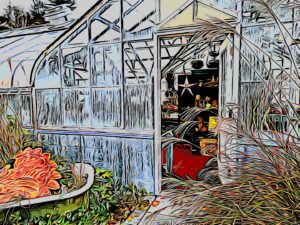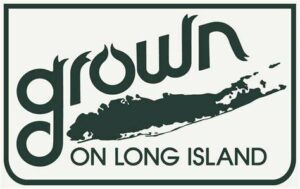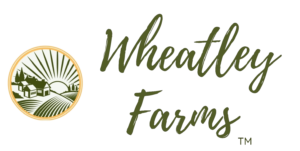Many times, we think of fall as a time to only rake leaves, hunker down for winter, and wait for spring.
Our Wheatley Farms Horticulturist Nanette Muzante recommends the following fall tasks to help you prepare your garden to take advantage of springs’ new beginnings!
- Remove all weeds and dead annuals.
Remove all diseased plants and dispose of them in the trash (not the compost bin)! - Plant bulbs or perennials you may want to bloom in spring.
- Water all trees and shrubs deeply at least once before the first snowfall.
- Minimal cutting back or deadheading. With many perennials, you may want to leave the last blooms of autumn to go to seed to self-seed, provide texture and interest for the winter season, and encourage visits from the hungry birds they bring in. Many beneficial insects and small animals rely on plant material for habitat throughout the winter.
- Divide mature plants.Dividing keeps fast-growing perennials under control and can help reinvigorate those more mature plants that need a boost later in life. While some people traditionally consider this a fall activity, we tend to enjoy and suggest spring division as well!
- Mulch moist soil on a warm day after the first hard freeze. Be careful not to smother smaller plants and leave 2-3″ mulch free around shrubs and trees. When the ground alternatively freezes and thaws in winter, applying a fresh layer of mulch after the first freeze keeps the soil temperatures more constant. This reduces the likelihood of plants being heaved out of the ground exposing the roots to the harsh winter air. You can use dried leaves*, straw, or pine boughs which can be removed in early spring when new growth begins to emerge.
*A note on mulching with dried leaves. The leaves of some trees could be harmful to your soil and plants because of the chemical components in the leaves, including oak, black walnut, and beech. We recommend learning what types of trees you have in your yard, and looking into the usefulness of their leaves as mulches before using them!




